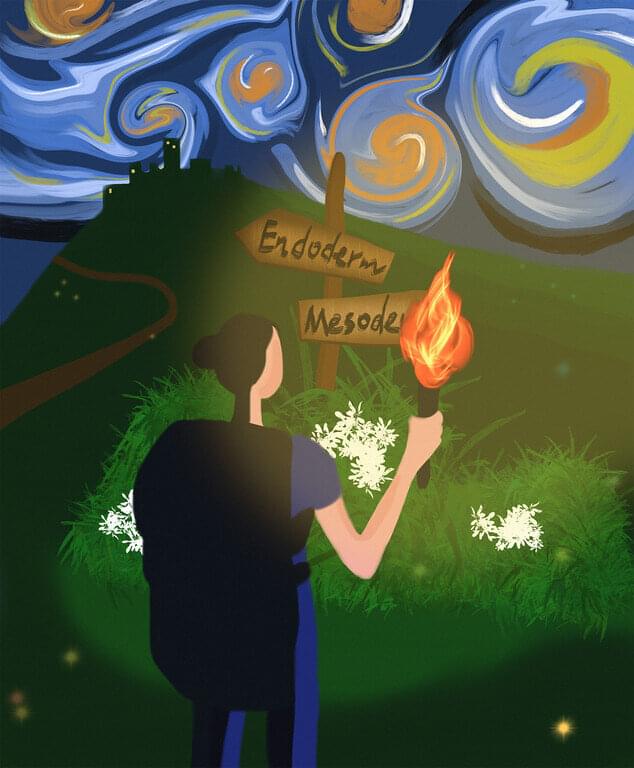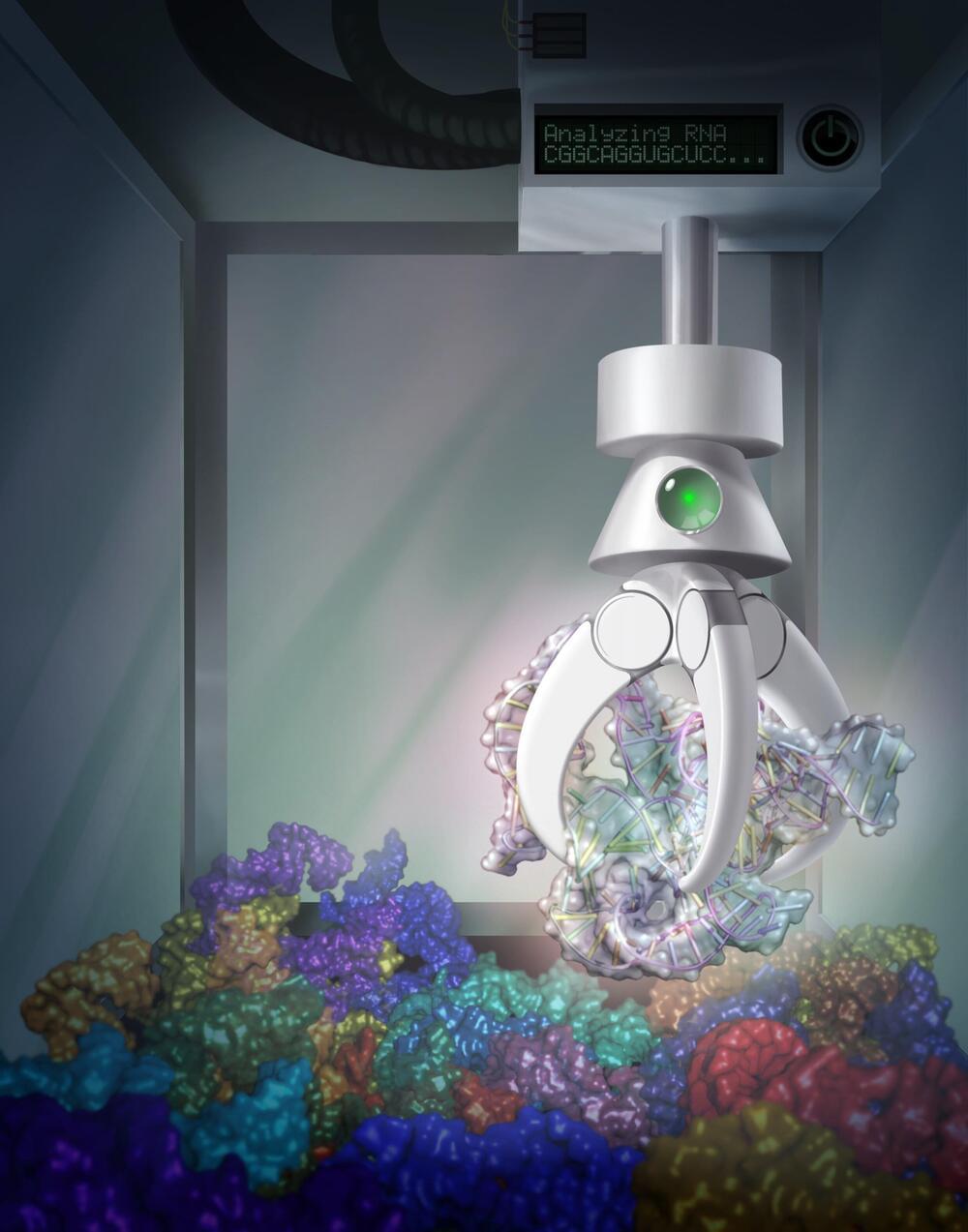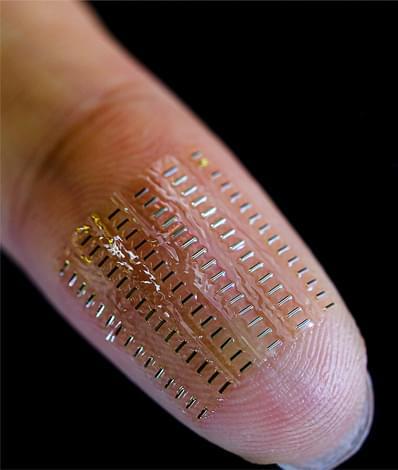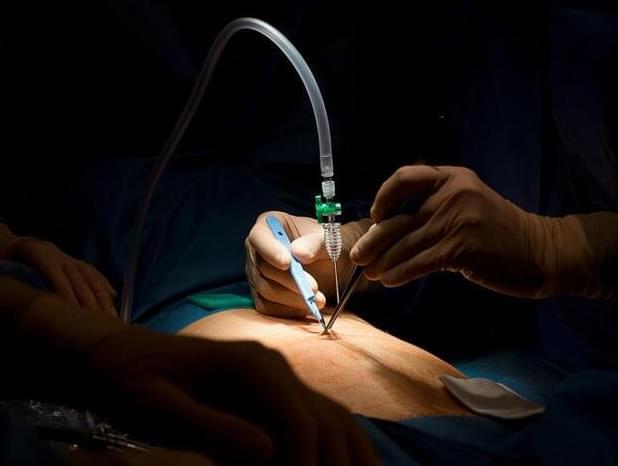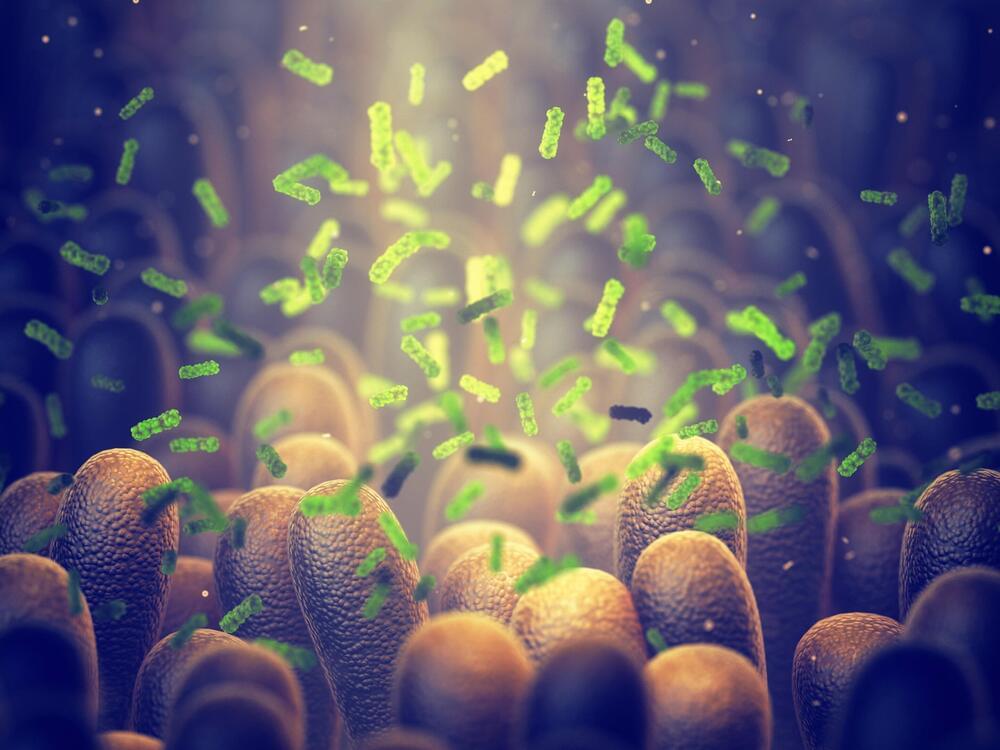The human body can be genetically inclined to attack its own cells, destroying the beta cells in the pancreas that make insulin, which helps convert sugar into energy. Called Type 1 diabetes, this disorder can occur at any age and can be fatal if not carefully managed with insulin shots or an insulin pump to balance the body’s sugar levels.
But there may be another, personalized option on the horizon, according to Xiaojun “Lance” Lian, associate professor of biomedical engineering and biology at Penn State. For the first time, Lian and his team converted human embryonic stem cells into beta cells capable of producing insulin using only small molecules in the laboratory, making the process more efficient and cost-effective.
Stem cells can become other cell types through signals in their environment, and some mature cells can revert to stem cells—induced pluripotency. The researchers found that their approach worked for human embryonic and induced pluripotent stem cells, both derived from federally approved stem cell lines. According to Lian, the effectiveness of their approach could reduce or eliminate the need for human embryonic stem cells in future work. They published their results today (Aug. 26) in Stem Cell Reports.
